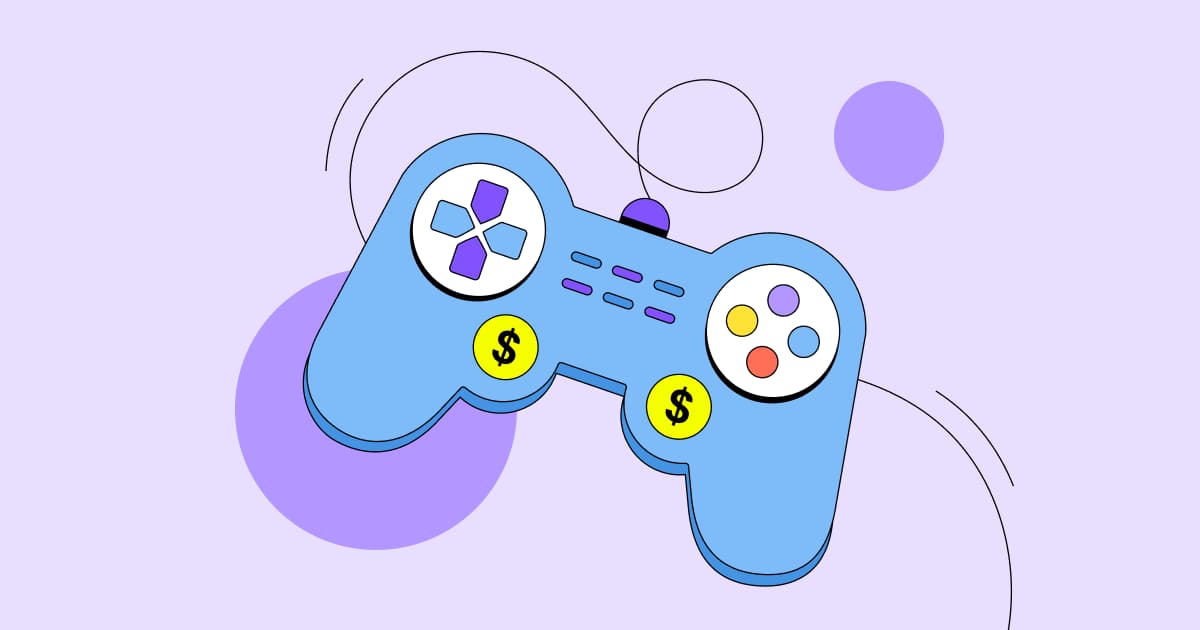In the modern world, video games are more than just a pastime; they’ve become a major part of our culture. While some people may view gaming as a distraction, research suggests that it can actually have several positive effects on mental health. By creating engaging, interactive, and rewarding experiences, video games can help boost your mood and improve overall well-being. Let’s dive into how video games impact mental health and why they might be your next tool for happiness.
Video Games as a Stress Reliever
Life can be overwhelming, and stress is something everyone faces. Video games provide a safe space to escape daily worries and immerse yourself in a different world. Playing games allows you to focus on goals, challenges, or narratives instead of personal stressors.
For instance, games like Minecraft or Animal Crossing promote relaxation through creative exploration. Studies show that engaging in activities that require concentration and creativity can reduce stress hormones and provide a sense of calm.
Multiplayer games also allow you to connect with others, which can help reduce feelings of loneliness and anxiety. Whether you’re teaming up with friends in Call of Duty or building a village in Fortnite, the shared experience fosters a sense of belonging and camaraderie.
Improving Cognitive Function
Gaming isn’t just fun; it’s also a workout for your brain. Many video games are designed to enhance problem-solving skills, hand-eye coordination, and memory. Puzzle games, strategy-based titles, and fast-paced action games challenge your brain in ways that promote cognitive growth.
For example, solving complex puzzles in games like Portal 2 stimulates critical thinking. Such activities require focus and decision-making, which can improve your mental sharpness and provide a satisfying sense of achievement.
When you feel like you’re improving at something or solving challenging tasks, your brain releases dopamine—a chemical linked to pleasure and motivation. This “feel-good” neurotransmitter enhances your mood and makes you more resilient against negative emotions.
Gaming as a Tool for Social Connection
Loneliness and isolation can lead to mental health struggles, especially in today’s digital age. Video games are a powerful way to connect with others, build relationships, and engage socially.
Online multiplayer games provide platforms for people to interact, collaborate, and even make lifelong friends. Communities in games like World of Warcraft or Among Us foster teamwork and communication, building trust and social bonds.
Moreover, social interactions in gaming can be especially beneficial for introverts or those who struggle with face-to-face communication. The virtual environment reduces social anxiety, allowing players to express themselves freely and feel a sense of inclusion.
Emotional Resilience Through Gaming
Gaming can teach resilience by encouraging players to overcome challenges and learn from failures. In most games, success isn’t immediate—it requires persistence, adaptability, and strategy.
Take games like Dark Souls, where players face difficult obstacles and enemies. Each failure motivates you to try again, reinforcing a growth mindset. This ability to handle setbacks can translate to real-life situations, making you more emotionally resilient.
Overcoming obstacles in games provides a sense of accomplishment, which boosts confidence and helps you handle stress in the real world.
Games That Promote Mindfulness
Certain games are designed with relaxation and mindfulness in mind. These titles often have calming visuals, soothing music, and stress-free gameplay. For instance, games like Journey, Stardew Valley, or Abzû are known for their ability to help players unwind and focus on the present moment.
Mindfulness in gaming helps reduce anxiety and encourages self-reflection. Taking a few minutes to engage in such peaceful activities can reset your mood and provide mental clarity.
Additionally, many mobile games are created specifically for mindfulness and mental health, such as Headspace or Calm, which guide players through meditation and relaxation exercises.
Combatting Depression with Gaming
Depression is a common mental health challenge, but gaming has shown promise in alleviating some of its symptoms. The sense of accomplishment, social interaction, and engagement offered by video games can counteract feelings of sadness or hopelessness.
Therapeutic games like SPARX (developed to help treat depression) use game-based learning to teach coping mechanisms and boost self-esteem. These games create a positive and interactive way to manage emotions.
Additionally, being part of an online gaming community can provide support and understanding for those struggling with depression. Shared goals and teamwork remind players they’re not alone.
Video Games and Emotional Expression
Sometimes, expressing emotions is difficult. Video games provide a safe space to explore and release emotions, whether through storytelling or gameplay. Games like Life is Strange and The Last of Us tackle deep emotional themes, helping players process their own feelings.
These games allow players to connect with characters and narratives, offering a form of emotional catharsis. By engaging with meaningful stories, players can reflect on their own experiences and gain new perspectives.
The Balance Between Gaming and Mental Health
While gaming has its benefits, moderation is key. Excessive screen time or gaming addiction can have negative effects, such as disrupted sleep, social withdrawal, or unhealthy habits.
To maximize the positive effects of gaming:
- Set time limits for play.
- Choose games that align with your mental health goals, such as relaxation, socialization, or cognitive improvement.
- Incorporate physical activity and other hobbies into your routine.
Striking a balance ensures that gaming complements your lifestyle rather than dominating it.
The Future of Gaming and Mental Health
As awareness of mental health grows, the gaming industry is increasingly focusing on creating games that promote well-being. 바카라커뮤니티 Developers are designing titles that integrate therapy, relaxation, and emotional growth into gameplay.
For example, virtual reality (VR) games are being used in therapy to treat anxiety and phobias. These immersive experiences allow players to confront fears in a controlled environment, fostering long-term improvement.
Gaming’s potential as a mental health tool is vast, and ongoing research continues to uncover new ways to harness its benefits.
Conclusion
Video games are more than just entertainment—they’re a valuable tool for mental health. From reducing stress to promoting social connections and enhancing cognitive abilities, gaming has the power to uplift your mood and enrich your life.
By choosing the right games and maintaining balance, players can enjoy the mental health benefits that gaming offers. So, the next time you pick up a controller or dive into a virtual world, remember that you’re not just playing—you’re boosting your well-being.


